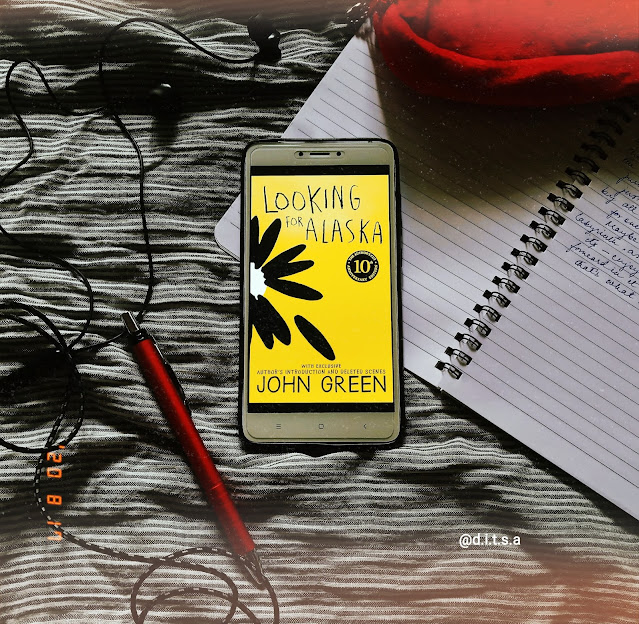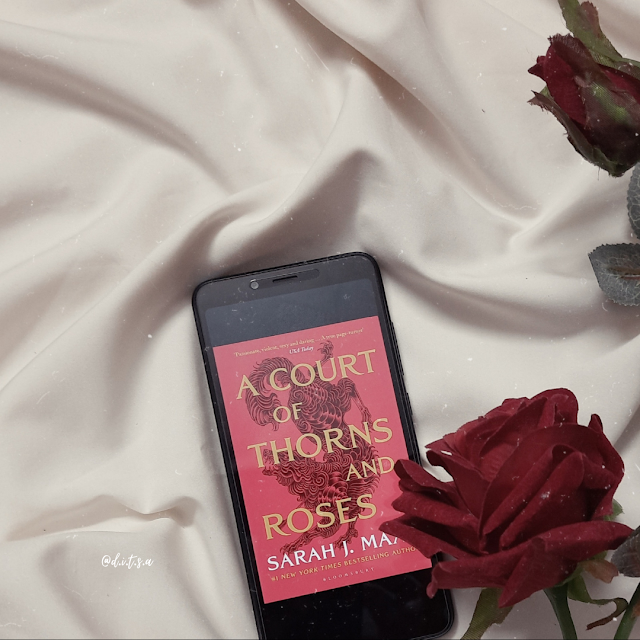Sputnik Sweetheart | Haruki Murakami | Thoughts | Interpretations
Sputnik Sweetheart is my third Murakami, after Kafka on the Shore and Norwegian Wood. And despite all of the repeated elements that I’ve come to realise are Murakami’s signature (loneliness, unrequited love, lust & desire, loss), and notwithstanding my love-hate relationship with his works (his portrayal of women and male-female relationships), I am unable to keep myself detached from his prose - his prose pulls me in like no one else’s, building a deep urge to go out and buy all of his books at once and consume them all. Like drugs. I am never not craving his books.
But why? I have discovered the truest essence of literature within his books - his books stimulate me; intellectually, emotionally, and sometimes, philosophically; his prose makes me think. I can spend hours trying to find and unravel the nuances, untie the knots, and connect the metaphors. But, in the end, no matter how much I try, I can never reach a solid conclusion! How can I detach myself from a book when I cannot find closure? I keep seeking more.
Open endings. Interpretations. They are to blame.
I never liked open, complicated endings. Not in books, at least. But I have learned to love them. And with Murakami’s books, interpreting an open ending is a uniquely stimulating and fascinating experience: we are challenged to come up with our own interpretations, we give the story our own endings, and by doing so, we reflect ourselves and who we are as individuals; it prompts an inner monologue that questions and analyses our lived experiences and accentuates our reality and perceptions. We become a part of the story itself by adding to it our own unique ending that emphasizes our personal perspectives and allows us to create something truly special with the narrative.
My entanglement with Sputnik Sweetheart is the same. I finished reading it earlier this month and have since read three other books, currently on my fourth, and yet it remains deeply embedded in my mind, vivid and captivating and pensive in my memory.
*spoilers ahead*
My interpretations:
Miu: Was raped by Fernando or some other man in her apartment after she had returned from dinner that day. Maybe she had consented at first but later did not want to continue; so she felt violated. She might have seen the Ferris wheel from her room and had wondered what if someone from there saw what was happening. Or maybe she just wanted to be there, up at the sky, instead of her room at that moment. After the incident, she must have detached herself from the event, losing it to suppressed memory, and took a ride by herself on the Ferris wheel. About her hair, maybe she had dyed it white after the incident just to evolve into a new person; or it is possible that she had a medical condition.
Sumire: She died, most probably killing herself to get to the ‘other side’. She didn’t have her passport with her, so she couldn’t travel overseas. She wanted to be in a long, never-ending dream where she could be with Miu and meet her mother.
K: He changed when he came back from Greece. In the ending, however, either one of the two things happens - i) either he kills himself to get to the ‘other side’; or, ii) he dreams of getting a phone call from Sumire at their usual hour. Either way, he knows that he can wait as long as possible because he is dreaming and everything is possible in a dream, or he is dead, and is in an endless dream where he gets back Sumire and his yearning is fulfilled.





Comments
Post a Comment